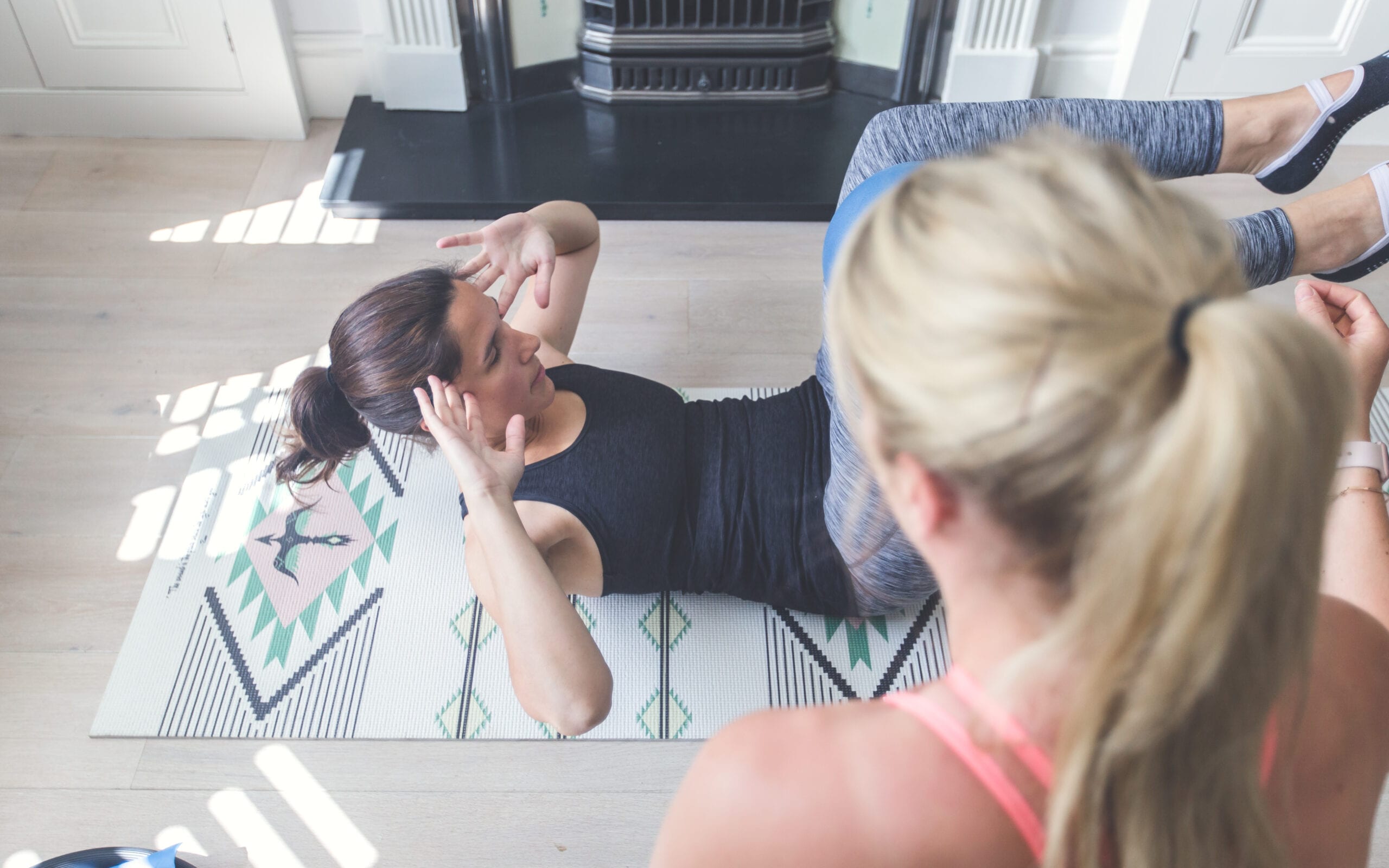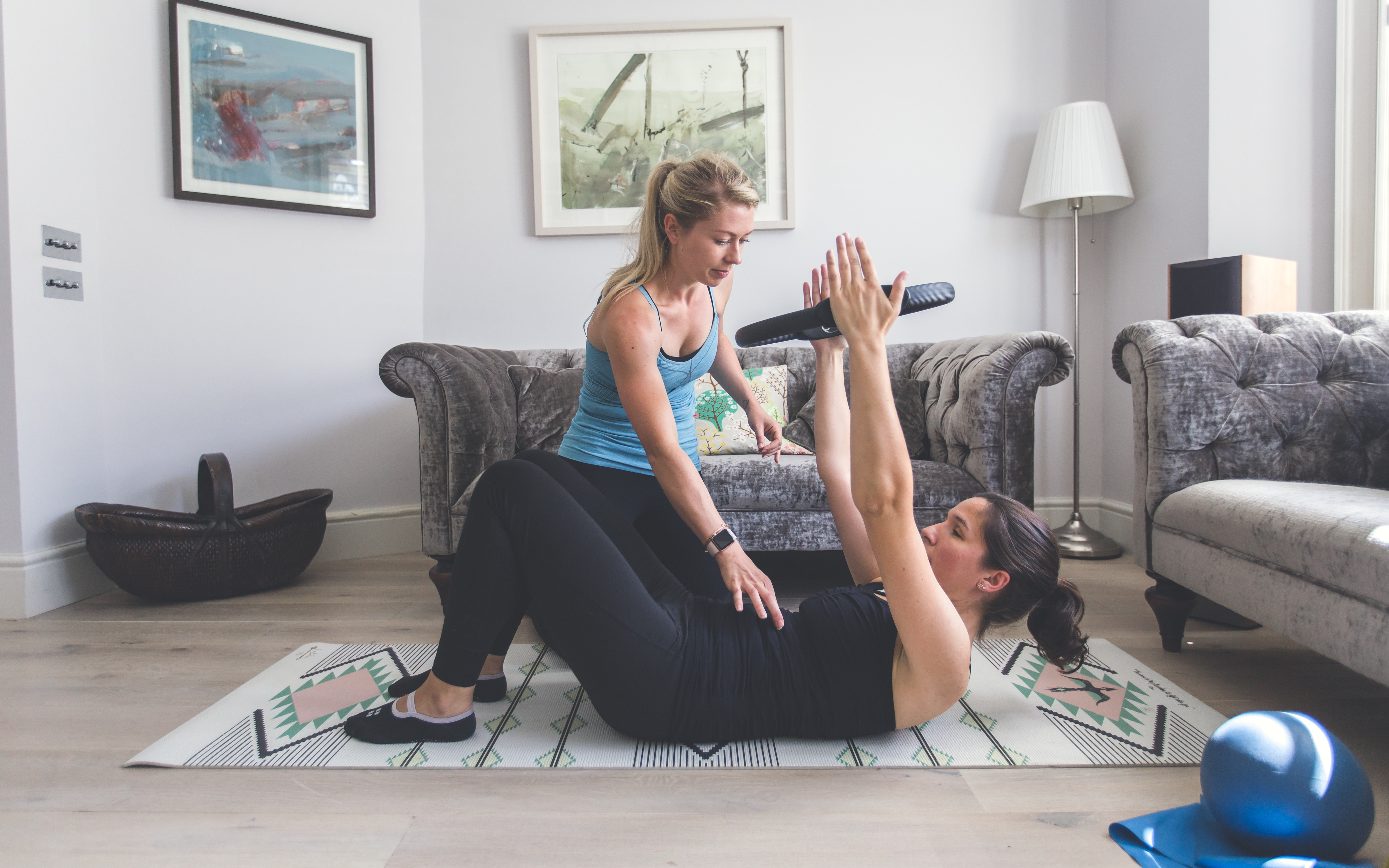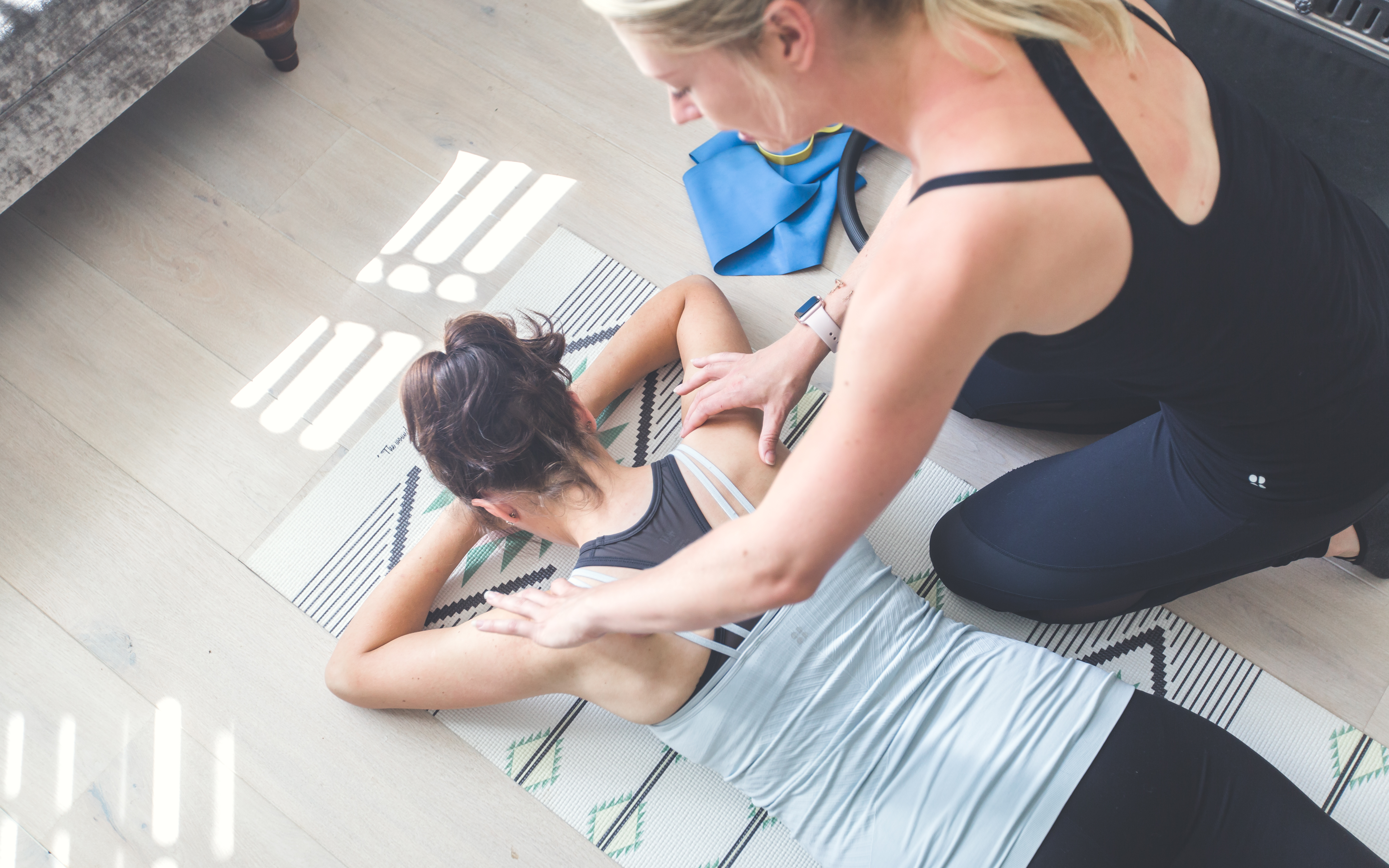Today I walked out of a Pilates class. I haven’t managed to practice much recently so was excited when I managed to fit one in. Yet the whole way through I was thinking about how I’d rather be sat at my laptop writing this blog post. This is no disrespect to the instructor as they were lovely. And, I know that instructors are often expected to teach a certain way set out by the owner or studio manager. However, it’s not the first time I have been to a Pilates class that has little in common with Pilates.
With the demand for Pilates outgrowing the number of qualified instructor’s I am increasingly seeing studios that have blurred the lines between Pilates and simply fitness classes. Now don’t get me wrong I like dynamic Pilates. Joseph Pilates was amazing but there are things we can add to Pilates to keep it fresh whilst still being functional. I am talking about the fundamental criteria I believe a Pilates class needs to be safe, effective and enjoyable. If you are looking for a good Pilates class/instructor, especially if you have any injuries/muscle imbalances/limited body awareness or are unconditioned here are my top recommendations for what to look out for.
1. Pilates Principles

In Pilates there are certain principles we need to consider as we move through the class. Usually, but not exclusively, these are: pelvic placement, breath pattern, scapular placement and head/neck alignment. A good instructor should mention whether a neutral or imprinted pelvis is needed in each exercise. Maintaining the correct pelvic placement in certain exercises is the only way to activate the correct muscles, and protect your back. So, there should be talk of exactly what a neutral pelvis is and how to find it.
2. The Breath

As mentioned in the last point the breath pattern is important in Pilates. It can be tricky to get right at first but this is no reason for it to be ignored in class. A good instructor will mention the correct breath pattern and explain how to breathe effectively throughout.
Read about the Pilates breath here
3. Music
I know I’ll sound really boring here (plus it doesn’t help I’m a bit deaf) but if you can’t hear the instructor over the sound of the music how on earth are you supposed to hear all the important information they are giving you? Pilates is all about controlled, thoughtful movement. Blasting music over the top of it will negate all of this. Music is fine. Loud music less so.
[Ever wondered when it is best to exercise? Read my blog post on this here]
4. Anatomical cues

A good instructor will be telling you in the class where in the body you should/could be feeling the exercise, or at least which muscles it is working. Without this how are you to know if you are doing it correctly or activating the correct muscles? They should be able to adjust you or offer you advice if you feel it in the wrong areas and they will gain so much knowledge about your body by knowing when something doesn’t feel right.
5. Progressions/Regressions

I have been to reformer Pilates classes where I have been given the same spring options as total beginners. Now either I’m going to find the exercise easy, or the beginners are going to injure themselves. Either way this is not right. A good instructor should be able to give options that challenge everyone, in a safe way. We don’t need to load up the springs on a reformer or give you multiple props to get you working correctly.
6. Adjustments

Now, this comes down to personal taste. Some people do not like being physically adjusted whilst others find it incredibly helpful. Personally I would rather explain how to adjust your position to a client so they know how to do so next time. BUT, whatever you prefer there should be adjustments made during the class. We are not perfect and there will be ways to improve/adjust your movements.
7. Qualifications
In my opinion instructors should have Pilates qualifications from reputable training providers such as STOTT, Body Control, Polestar, APPI etc. Studios that train their own instructors up vary in quality (this is not saying they are all bad) whereas large Pilates training providers tend to have very high standards and a lot of anatomy training involved.
*
These really are my own opinions and I hope I haven’t offended anyone. I really want everyone to love Pilates and I think that having good, qualified instructors is important. If you have tried it before and didn’t get on with it try a new instructor instead of giving up on it. Pilates is one of the kindest things you can do for your body. Especially so if you suffer with back pain or are desk-bound during the day. I hope you find that great instructor, and hold on to them for dear life.
*
Want to book a session at PilatesPT? Click here
Get started with The Pilates PT Method Online: Click here
To listen to The Strong Women Podcast click here

